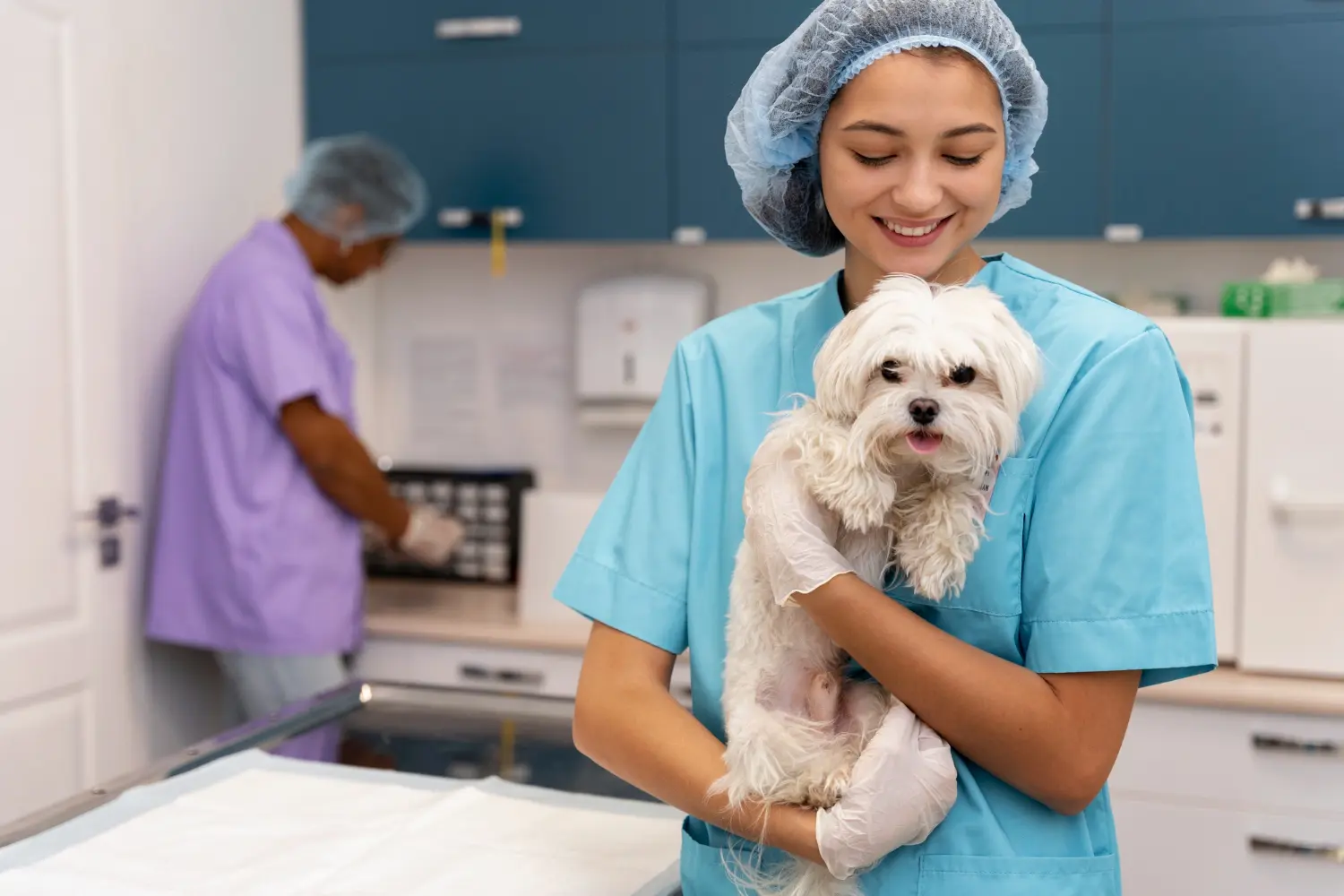
We’re human, so mistakes are inevitable. But making mistakes in the medical, pharmaceutical and veterinary industries are deemed unacceptable, for legitimate reasons. This is why training for these professions are so hard and require you to be dedicated to your job. But with the pressure of the job and long hours, even the most passionate, dedicated pharmacist or vet can make a calculation error, provide the wrong medication or miscount the correct amount of pills.
Due to the severity of these mistakes, the consequences expand beyond losing ones job and even a lawsuit. The guilt alone can cause deep psychological trauma for the professional who caused harm to the patient. In April 2011, Kimberly Hiatt, a Seattle Nurse with 27 years of experience committed suicide after accidentally giving an infant a fatal overdose.
When mistakes like this occur, the focus is on the patient, which means the professional is often left to deal with the emotional stress and worry of consequences on their own. It’s important to understand how to recover from these mistakes so it doesn’t severely affect your professional and personal life.
Apologize
Admitting to a mistake immediately can in most cases allow you to rectify the situation before it spirals out of control. The patient should be made aware of the mistake as soon as possible, followed by an apology.
Showing empathy is a vital aspect of any medical profession, especially when a mistake is made. This should not be confused with an admission of wrongdoing. Showing a patient that you are truly sorry for the mistake that was made can make a major difference in how they respond. It also helps you gain a sense of closure and comfort knowing you had a chance to express your regret.
Get Support
Seeking help through a counselor, support group or a friend can help you come to terms with your mistake. Knowing that your actions hurt someone else can cause internal distress. But expressing your emotions can help you overcome the negative emotions swirling around inside you 24/7. With so many lives in your hands, the stress of making a mistake is too much to handle alone.
Take Preventative Measures
People dwell too much on the mistake they make and less on the lessons they learn. Once you’ve made a mistake, focus on what you can do in the future to prevent it from happening again. If the mistake was made because a staff member was exhausted due to long hours, propose a new schedule. If you made a hand-counting mistake or provided the wrong prescription, it’s probably time to fine-tune your preventative system. Take control of the error by identifying the weaknesses in yourself as well through mentorship, and professional development.
There’s so much at stake in hospitals and pharmacies: the lives of patients, their families, your job, your reputation and your psychological health. These steps should help you cope with the aftermath of your mistake.
Learn about one major way you can decrease mistakes made in pharmacies and veterinary clinics.




